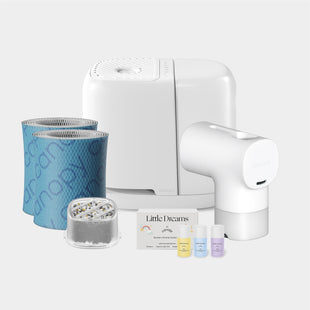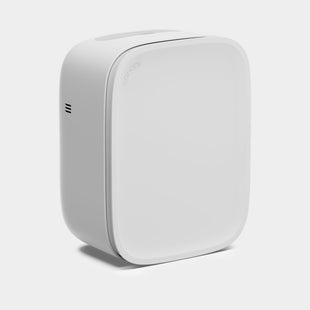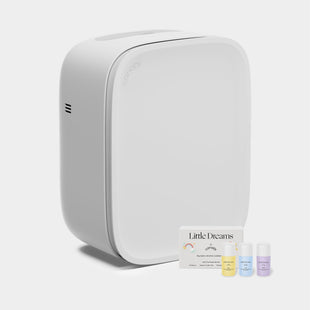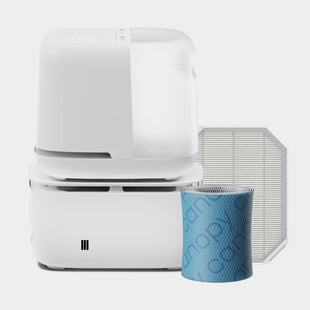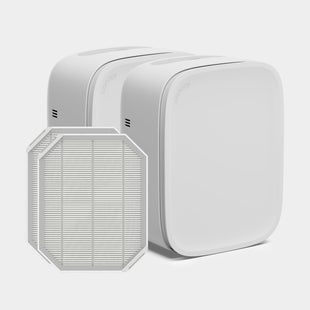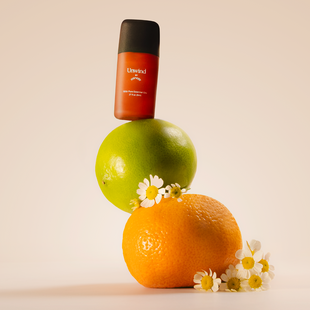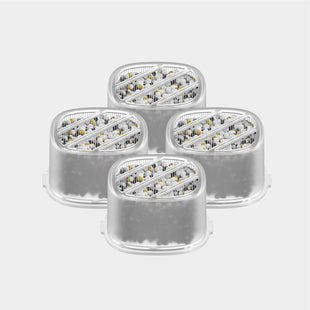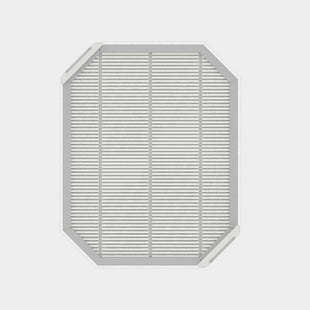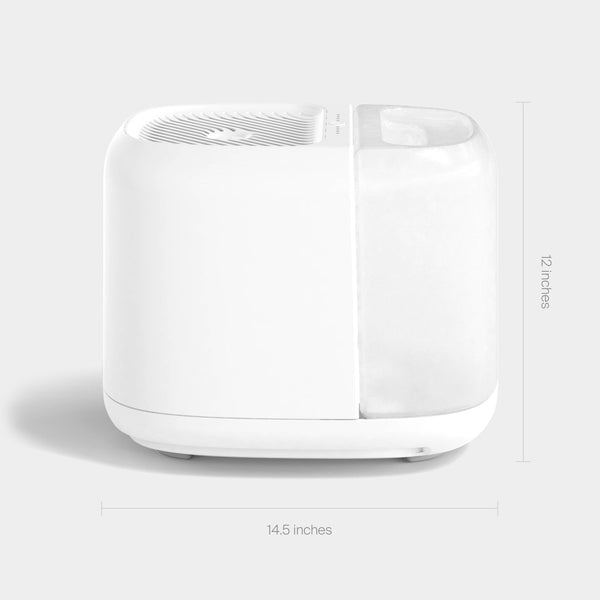This content has been reviewed and updated on March 28, 2023.
Now that you have a humidifier to maintain healthy home humidity levels, you may have a few questions for optimal use. One we encounter often is: Can you leave a humidifier on all night? Let’s find out.
The Benefits of Sleeping with a Humidifier
Sleeping with a humidifier has a number of compelling benefits. The increased moisture in your home air can eliminate several issues caused by dryness, including congestion, dry skin, and uncomfortable sleeping conditions. Here’s a closer look into what sleeping with a humidifier every night can do for you.
Improves Sleep Quality

When home humidity levels drop below 40%, the dry air can trigger allergy or asthma symptoms, nasal congestion, itchy skin, eye irritation, and dry or scratchy throat. While these symptoms are frustrating during the waking hours, they can become unbearable as you try to sleep.
Placing a humidifier in your bedroom, especially during the winter months, can dramatically improve sleep quality. The increased moisture will provide a comfortable sleeping atmosphere and control symptoms related to dryness.
Boosts Skin Health
Dry air accelerates the evaporation of water from the surface of your skin in a process called transepidermal water loss (TEWL). When your skin loses moisture faster than it can be replaced, it becomes dry and flaky. In severe cases of skin dehydration, you may experience cracking or bleeding.
A humidifier will help to reduce TEWL by keeping sufficient moisture in your home air. The increased moisture content will keep your skin hydrated and glowing despite dry environmental conditions.
Reduces Your Chances of Getting Sick
Bacteria and viruses thrive in a dry environment. When humidity levels in your home drop below 40%, your risk of contracting a bacterial or viral infection increases. According to a 2020 study conducted by the Annual Review of Virology, low humidity levels increase the survival rate and trajectory of airborne viruses and weaken the body’s immune response to foreign invaders.
Regulating humidity levels in your home can therefore reduce your chances of contracting a viral or bacterial infection.
Eliminate Morning Sinus Congestion
If you experience regular sinus congestion or nosebleeds, they may be results of low humidity levels in your home.
When the air is too dry, your body lacks sufficient moisture to maintain healthy lubrication in your sinus passages. The low humidity levels cause the cilia, small hair-like structures called that line your nasal passage, to dry out. This allows mucus to get trapped in your nasal cavity, causing uncomfortable congestion and nose bleeds.
Maintaining optimal humidity levels throughout the night helps to lubricate your nasal passage, which allows proper flow of mucus and prevents nosebleeds from severe dehydration.
Should a Humidifier Run All Night?

The benefits of sleeping with a humidifier are clear, but the question remains: Should a humidifier run all night? The simple answer is “yes.”
But how long should you run a humidifier at night for maximum benefit? There is no one-size-fits-all answer. Ultimately, the optimal running time will depend on the humidity levels in your home. If you regularly run central heating in the winter or the AC unit in the summer months, your home could use more humidity, especially throughout the night. If you live in a tropical area, or your home tends to get humid, you may only need to use your humidifier for a few hours.
Humidifier Safety Tips
- Monitor your home humidity levels: The optimal home humidity levels range from 40% to 60%. Humidity levels exceeding 60% create a breeding ground for mold and bacteria, which can infiltrate your home. Consider using a hygrometer, a simple device that monitors home humidity levels.
- Clean your humidifier regularly: If not properly maintained, your humidifier can develop mold, bacteria, and other harmful contaminants. Review your device manual for maintenance requirements and cleaning recommendations.
- Use the right type of water in your humidifier: Check your device manual to determine the type of water required for your device’s water tank. Most humidifiers require distilled water to prevent mineral buildup in the water tank, but Canopy’s unique filtration methods allow you to use water right from the tap.
The Canopy humidifier uses mist-free, mold-inhibiting* design inside the humidifier to stop mold from forming in the water tank, while UV lights embedded in the unit kill 99.9% of bacteria and mold. The disposable paper filter kills the remaining 0.1% of bacteria. This combination of features makes Canopy a simple, safe choice for your home.
Both the original humidifier and larger Humidifier Plus are incredibly easy to clean. Simply place the tank and base in the dishwasher on a normal cycle to remove any residue.
Canopy is your new way to humidify for a more comfortable night’s sleep.
*Mold inhibition limited to device interior. Does not treat air or environment. 3rd party lab-tested with Aspergillus niger (ATCC 6275, 16404).









